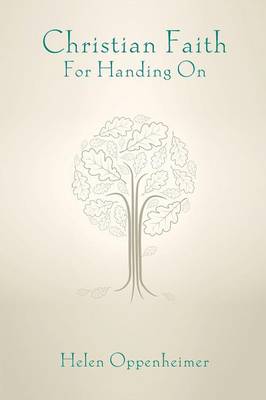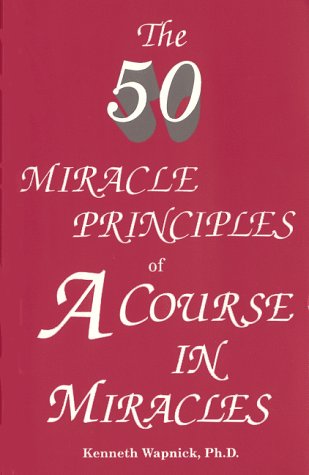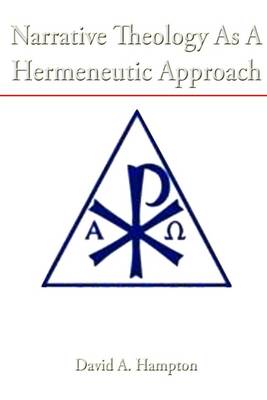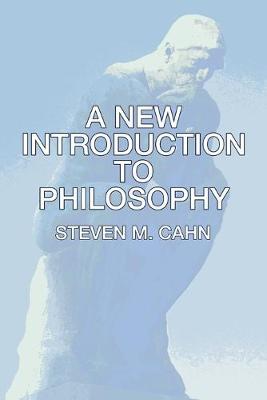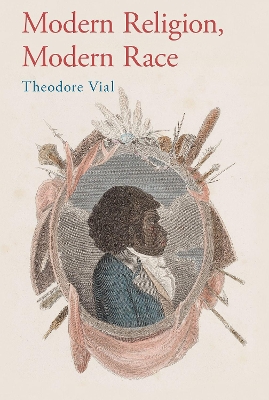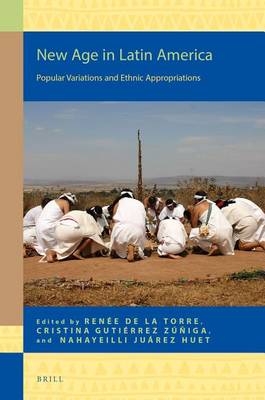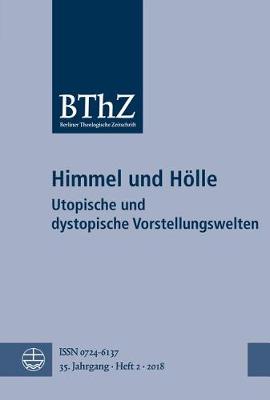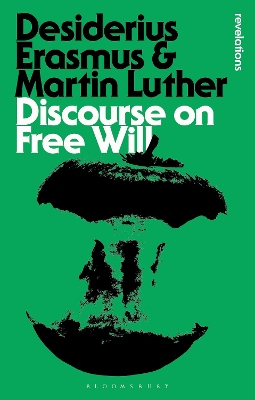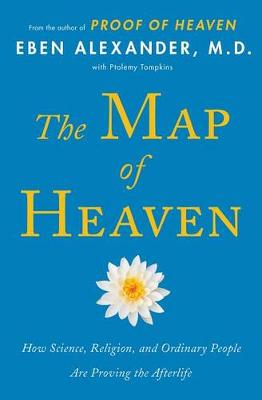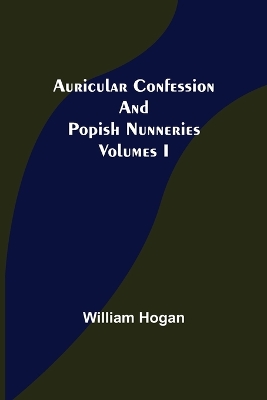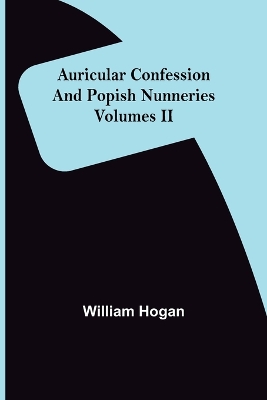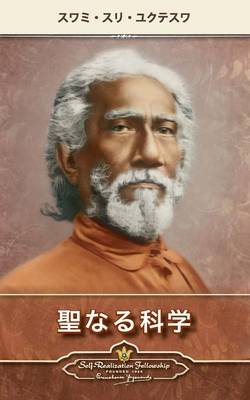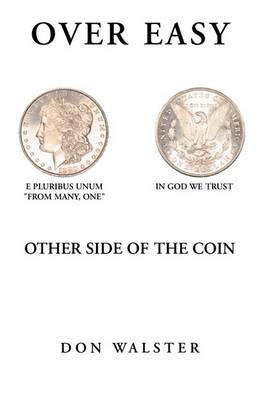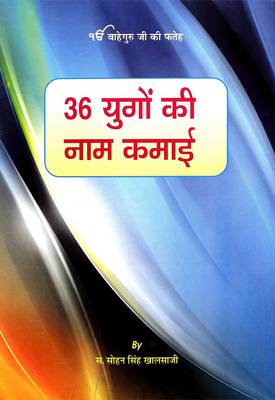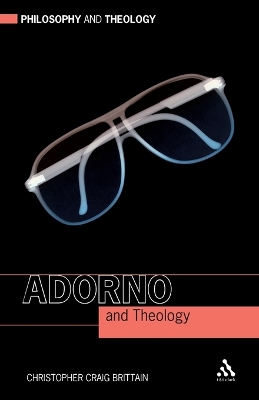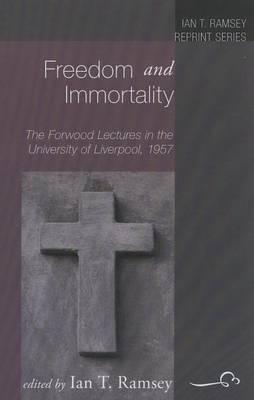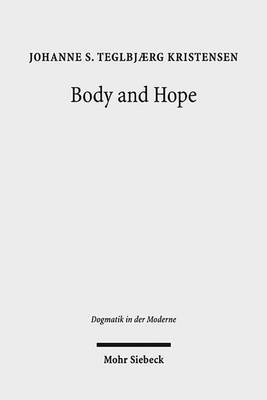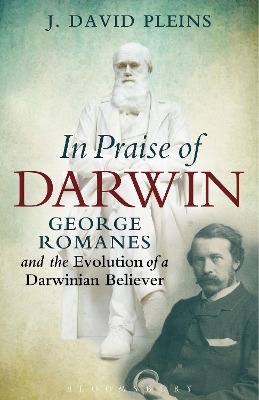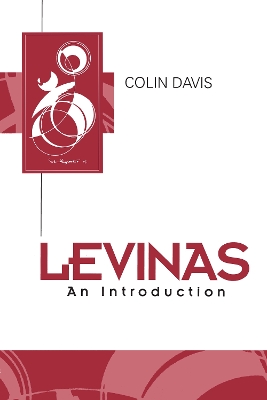What is the truth about the universe and its inhabitants? Helen Oppenheimer has carried out a balanced and rational inquiry into the existence of God to bring us closer to answering this question. Here she uses her findings to construct and argue her case for a responsible Christian faith, rooted firmly in the facts. 'Christian Faith for Handing On' offers readers a progress report on the live possibility of faith in an era of human suffering that can, at times, seem to render it futile. The aut...
Written for preachers, seminary students, laypersons, teachers, and anyone interested in biblical hermeneutics and Christian theology.
Religion is a racialized category, even when race is not explicitly mentioned. In Modern Religion, Modern Race Theodore Vial argues that because the categories of religion and race are rooted in the post-Enlightenment project of reimagining what it means to be human, we cannot simply will ourselves to stop using them. Only by acknowledging that religion is already racialized can we begin to understand how the two concepts are intertwined and how they operate in our modern world. It has become co...
This book is at the crossroads where a New Age sensibility, advancing like an ecumen of worldwide spirituality without national, cultural, or ecclesiastical frontiers, meets Latin America's syncretic religions, practiced by groups of people wiht African or indigenous roots or developed from the tradition of popular Catholicism. The Syncretic character of the two sensibilities makes both the New Age and popular religion behave like two, syncretizing and syncreticizable matrices of meaning. This b...
Discourse on Free Will (Bloomsbury Revelations) (Milestones of Thought)
by Desiderius Erasmus and Martin Luther
Desiderius Eramsus (1466/9-1536) was the most renowned scholar of his age, a celebrated humanist and Classicist, and the first teacher of Greek at Cambridge. An influential figure in the Protestant Reformation, though without ever breaking from the Church himself, he satirised both human folly and the corruption of the Church. Martin Luther (1483-1546) was the founder of the German Reformation. His 95 Theses became a manifesto for reform of the Catholic Church and led to his being tried for here...
Adorno and Theology (Philosophy and Theology)
by Christopher Craig Brittain
This is an introduction to the core ideas in Theodor Adorno's work and their relevance for theology. Theodor Wiesengrund Adorno (1903-1969), the German sociologist and philosopher was one of the intellectual leaders of the post-war Frankfurt School. This book presents and analyzes Adorno's writings on theology and religion in a clear and accessible manner. It is targeted at upper level undergraduate and postgraduate students, and will not presuppose any familiarity with Adorno. The book includes...
Like the Bishop of Durham's well-known Religious Language, this book was first published in the to5os, well ahead of its time. In six lectures, Dr Ramsey takes together the two key ideas in the Christian understanding of man indicated by the title, and shows in discussing them that many of the common objections to claims of freedom and talk of immortality are in fact misconceptions, 'logical howlers'. `This is a book which should be compulsory reading in theological colleges', wrote Theology whe...
Moral Scepticism (Library of Philosophy and Religion)
by Clement Dore
The author argues, as against some very influential contemporary philosophers, that our moral judgements are frequently true. An essential premise in his argument is that God exists, that he has pro and con attitudes towards human behaviour and that these attitudes are constitutive of moral goodness and badness. The author also addresses himself to philosophers who have recently maintained that mainstream academic moral theory is defunct. As against these philosophers, the author defends a novel...
Body and Hope (Dogmatik in der Moderne, #5)
by Johanne Stubbe Teglbjaerg Kristensen
In this book, Johanne Stubbe Teglbjaerg Kristensen analyses the relationship between body and hope. She critically investigates the eschatologies of Paul Tillich, Jurgen Moltmann and Wolfhart Pannenberg from the perspective of the phenomenology of the body represented by Maurice Merleau-Ponty. By focusing on the eschatological challenge of the body through a thematization of the issue of continuity, the author constructively interprets the classic eschatological themes of death, resurrection, ju...
George John Romanes, close friend and colleague of Darwin, remains a misunderstood figure in the history of evolutionary science. Although his scientific contributions have been valued, his religious journey has been either neglected or misjudged. Scholars typically only acknowledge some of the work on theism he did at the very end of his life and usually blame his wife for doctoring the record with her pieties. Romanes's extensive poetry writing, much of it religious, has never been explored an...
